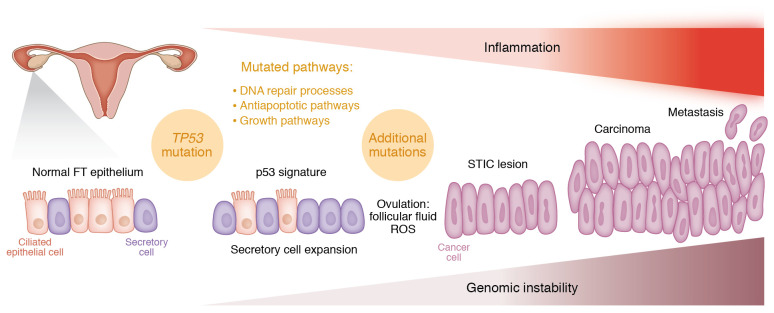Figure 1. Model of HGSOC initiation from the epithelium of the fallopian tube.
Following initiating TP53 mutation, fallopian tube secretory epithelial cells proliferate and form secretory cell expansion with a TP53 signature. Follicular fluid released during ovulation contains ROS, which induces inflammation and can cause additional mutations and increased genetic instability. Mutated pathways include DNA repair processes, antiapoptotic pathways, and growth pathways. The secretory cells become irregular in size and shape, and the tissue becomes disordered as serous tubal intraepithelial carcinoma lesions develop. Finally, transformed cells begin to dissociate from the precursor lesion leading to metastasis. FT, fallopian tube; STIC, serous tubal intraepithelial carcinoma; SS-DNA, single-stranded DNA; DS-DNA, double-stranded DNA; MAPK, mitogen-activated protein kinase.

